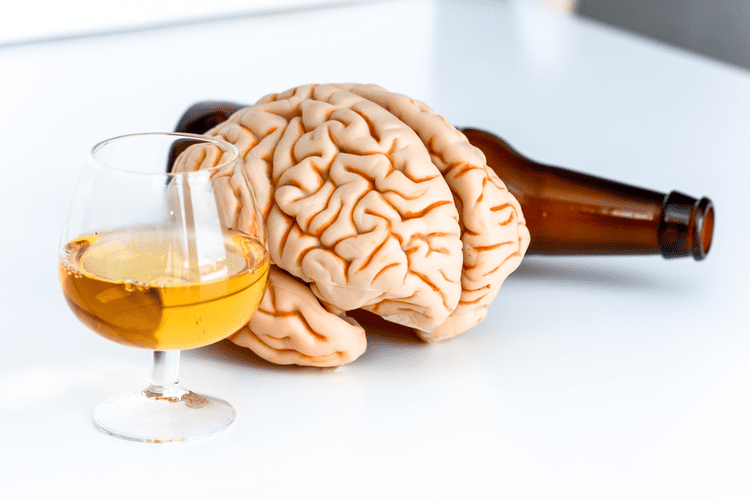Blog
Angry Drunks: Unraveling the Psychology Behind Their Behavior
Liquor alters the response leading to an increased sense of confidence, an attraction for individuals you usually wouldn’t be drawn to, and relaxation in social situations. This might include friends who can help keep you accountable, or a designated “buddy” who can intervene if they notice you becoming aggressive. In fact, recognizing the need for support is a sign of strength and self-awareness. As a whole, alcohol use naturally heightens emotions, and for people who are predisposed to aggressive tendencies, it can quickly make bad https://adventure-tactical.gr/alcoholic-rage-syndrome-understanding-the-pain/ scenarios worse.
- Conflict is a normal part of life, but if it starts to feel like alcohol is charging your emotions, it may be time to cut the cord.
- And if you are seeing this pattern of behavior in yourself or a loved one, now is the time to reach out to our experts for help.
- Understanding the psychology behind mean drunk behavior is crucial for addressing this issue effectively.
- Her unwavering commitment to peer support, coupled with her own lived experience, fuels her drive to make a meaningful impact in the lives of those facing similar challenges.
- It’s worth noting that treatment and prevention strategies should be tailored to the individual.
What Makes a “Crazy Drunk Person”?

At first, drinking can often make someone feel giddy or euphoric. “It can be difficult to be aware of the impact of your emotions due to alcohol’s effect on the brain,” Metcalf explains. You risk your relationship if you get angry at your partner when you drink. You have a short fuse and don’t know how to regulate your emotions in a healthy way. These people can help you understand your relationship with alcohol in a clearer light and support you as you work on quitting or improving that relationship. Because alcohol is so common in our culture, it’s easy to forget it is a drug.
The Angry Drunk: Why It Happens & How to Stop

Different treatment options work for different people, and that’s why do i get angry when drunk okay. However, if you are living with alcoholism and finding it difficult to get sober on your own, then having the right support system in place is imperative. Problem drinking and alcoholism can manifest in a variety of ways, and it generally takes time to develop. This does not mean that being angry when under the influence automatically makes someone addicted to alcohol.
Beer Before Wine Study: The Biggest Myth Debunked
- “But the dynamics of this association are complicated, which is why any research that focuses on explaining this relationship is important for society in general.”
- It’s thought that chronic alcohol consumption can harm the frontal lobe.
- There’s less filtering happening between brain and mouth, less consideration for consequences.
- Now let’s consider body language as well – it’s surprisingly revealing!
Those expectations can also arise from what we’ve learned about alcohol from family members and peers. If you had a Substance abuse parent who was frequently enraged while drunk, you may expect that response in yourself when drinking and therefore exhibit it. Additionally, more than three-quarters of study participants with the gene had mood disorders, personality disorders, and mood swings (10). Using a personality questionnaire, an aggression scale, and alcohol use and history assessments, researchers compared 156 people without the gene with 14 people who have it. Researchers were studying people in the Finnish population, of which more than 100,000 people have the genetic variation.
Seek Professional Support
If you constantly bury and repress your feelings, they will make themselves known when you drink. For some people, unresolved issues and resentment boil up to the surface after a few drinks, and this causes fights. Quitting drinking, even temporarily, is important if you want to stop this behavior. Getting angry and picking fights every time you drink is not sustainable. A few issues are at play as it relates to getting angry with your boyfriend or girlfriend when drinking. Alcohol also floods your brain with an artificial dopamine boost, feel-good chemicals that give us that buzzy, drunk feeling.

